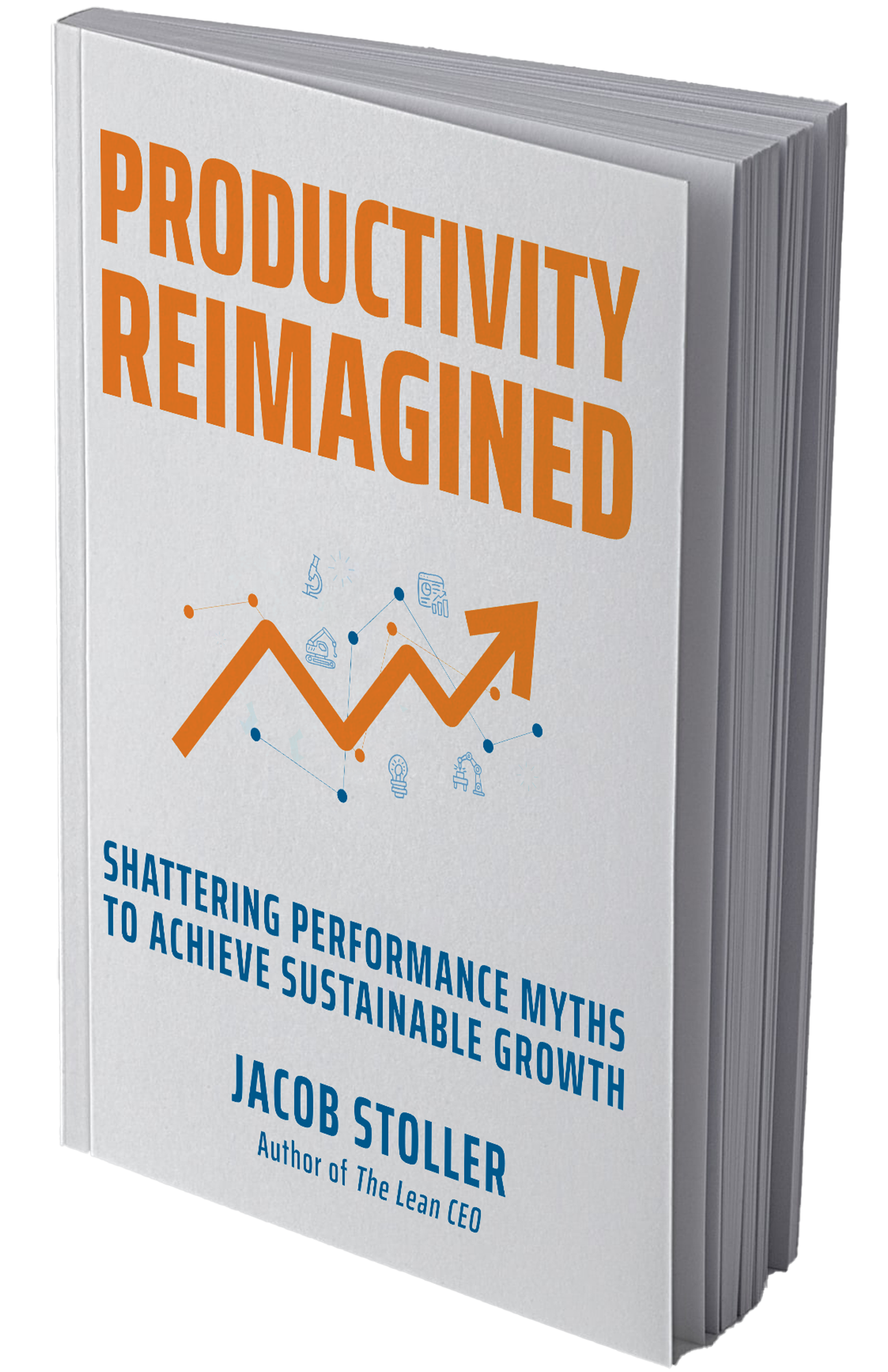Classical piano is my number one hobby, if you want to call it that, and I occasionally get the opportunity to perform in front of an audience. This is a great joy, but it also requires a lot of work.
In the Lean context, the piano is my gemba – the place where value – the ability to play a piece well enough to create a positive audience experience – is created.
While the preparation part – piano practice – is reputed to be prerequisite grunt work, I’ve come to see it differently. Learning a new piece can be a journey in experimentation and problem solving.
Results at the piano gemba are remarkably transparent. The objective is to perform a precisely-timed sequence of movements reliably and predictably. You either get the notes at the right speed and with the right nuances or you don’t. It’s easy, therefore, to determine if your process works or not.
There are some interesting parallels with Lean problem-solving methodology. At the piano, we clarify problems by isolating passages that cause us difficulty. We use a metronome to set interim and final targets for tempo (speed). We break a particularly tough passage down, playing it with hands separately, or dividing it into smaller increments. We monitor our progress on a daily basis to see how well our methods are working.
All this would be a colossal drag if there wasn’t purpose behind it. In classical music, purpose can be summarized as conveying the composer’s intentions to an audience. A clear vision of the composer’s intentions not only gives all the hard work meaning, but makes difficulties much easier to overcome.
For example, I was recently having a tough time with a difficult Beethoven passage. The passage suddenly seemed much easier when I realized that it is not just a bunch of notes, but an emotional outburst that sets the mood for the entire piece. If you had listened to my progress, the difference between the “before” and “after” state was like night and day.
The lesson for me is that understanding purpose not only makes work more bearable, but makes difficult and complex tasks easier to perform. Humans need to know why, and when we do, the results are often powerful and dramatic, at the piano or in the workplace.


Leave a Reply